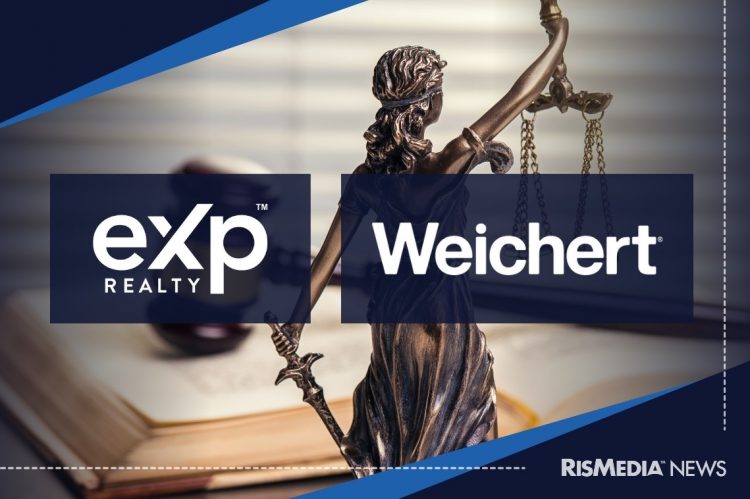A judge has denied an attempt by one set of plaintiff lawyers to intervene in a separate commission class-action case where eXp and Weichert had struck settlement deals, as a bitter fight between two separate sets of class-action attorneys over millions in settlement dollars drags on.
Judge Mark Cohen of the Northern District of Georgia last Friday wrote that lawyers representing plaintiffs in the Western District of Missouri—the same lawyers and court where Burnett and the largest copycat cases have played out—will not be allowed to transfer a smaller case back to their district based on allegations that eXp and Weichert struck a “sweetheart deal” to settle commission lawsuits with the Georgia plaintiffs.
“There is no question that permitting intervention in this case will thwart, or at least delay, the settlements reached between (Georgia) Plaintiffs and (eXp and Weichert), resulting in prejudice to existing parties,” Cohen wrote.
After Cohen’s ruling, the Burnett plaintiffs fired back yesterday, disputing factual elements alleged by the Georgia plaintiffs based on a recent deposition of Weichert’s General Counsel John Lanahan (though that section was partially redacted in the court filing).
The dispute stems from two settlement deals struck last October, when eXp and Weichert paid $34 million and $8.5 million, respectively, to settle the commission lawsuits, negotiating with the Georgia plaintiffs in a case known as Hooper.
Plaintiff lawyers in Missouri—where almost all the settlement agreements and negotiations have taken place—quickly objected to those deals, arguing that the two brokerages engaged in a so-called “reverse auction” to find whatever plaintiffs in the many copycat cases they could get the best deal from.
Judge Stephen R. Bough, overseeing the Missouri case (known as Gibson), agreed with this argument, declining to pause proceedings against eXp and Weichert (who are also defendants in Gibson) and ordering a review of the process by which the two companies negotiated their deal.
The back-and-forth has thrown the settlement deals into doubt, though both companies have said they are confident their agreements will receive final approval by the court.
Also revealed through the dispute is how the lawyers who successfully led the Burnett case have navigated the nationwide web of class-action copycats, with the Burnett attorneys claiming that Hooper attorneys reached out to strike a deal over work and pay back when it appeared the commission lawsuits were on track for a broad consolidation.
Hooper plaintiffs had previously accused the Burnett/Gibson attorneys of demanding “a tribute” in exchange, and alleged that they were approached by the Burnett/Gibson attorneys first and “demanded” a deal that would have required them to continue litigating their case, but still pay 60% of settlements to the Burnett/Gibson attorneys.
The Burnett/Gibson plaintiffs disputed this, saying it was the Hooper plaintiffs who first approached them.
In his order, Cohen wrote that if the Burnett/Gibson plaintiffs want to continue opposing the settlements, they can do so in his courtroom as part of the regular approval process.
“The Court is mindful that there is no need for the (Burnett/Gibson) plaintiffs to intervene as parties in this case in order to protect their stated interest when they can lodge any objection they have to the proposed settlements as part of the…class-action fairness hearing,” he wrote.












